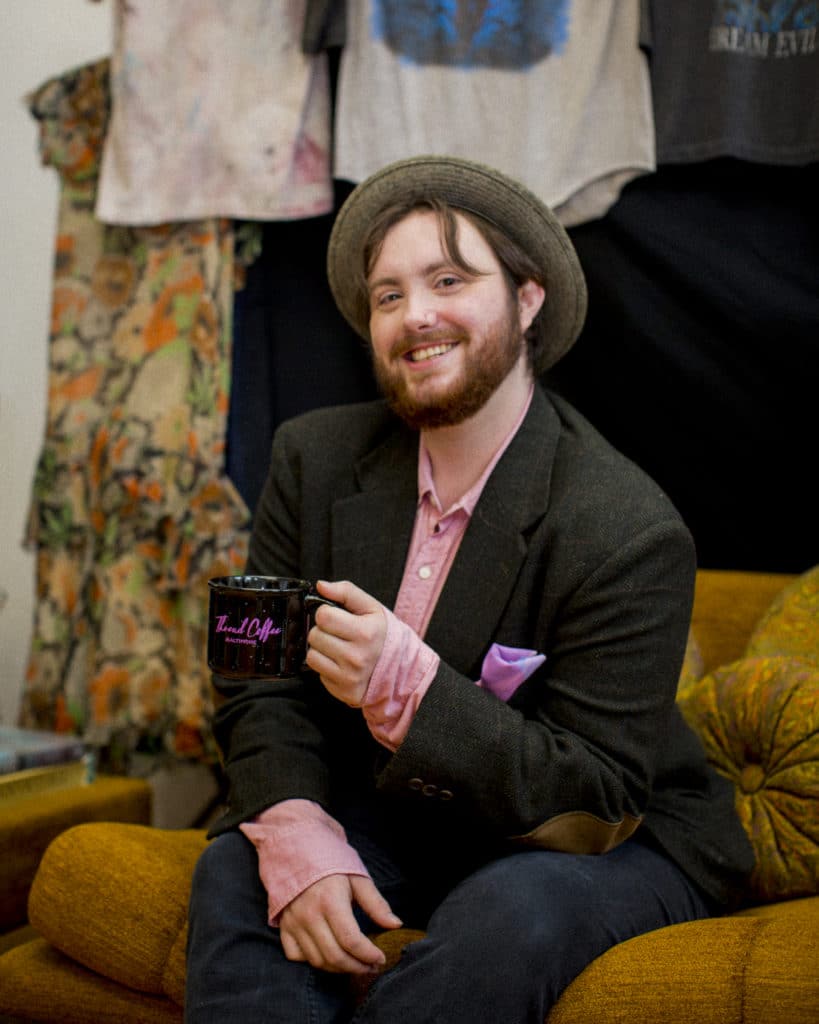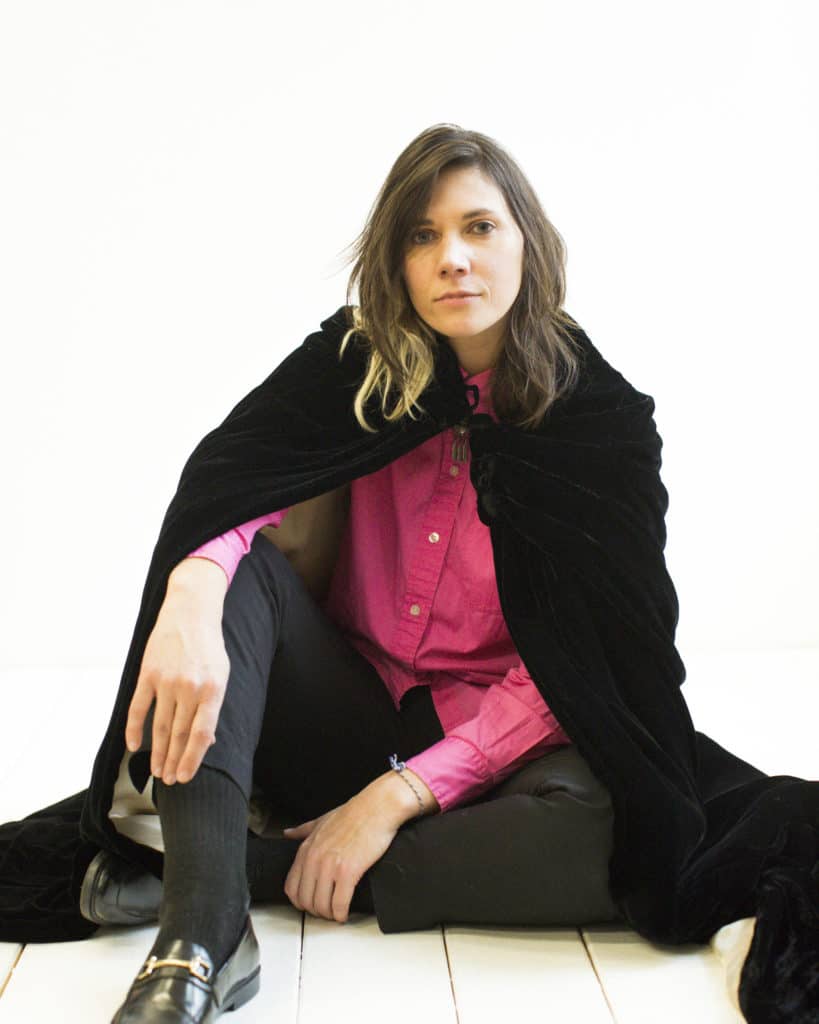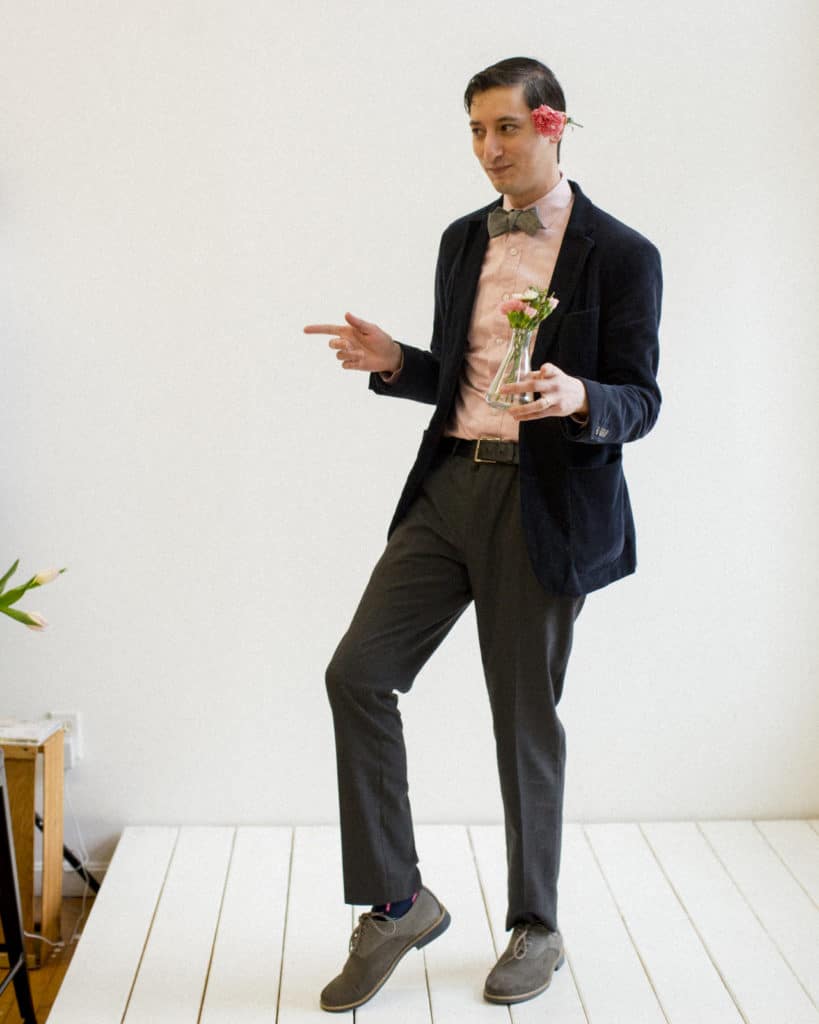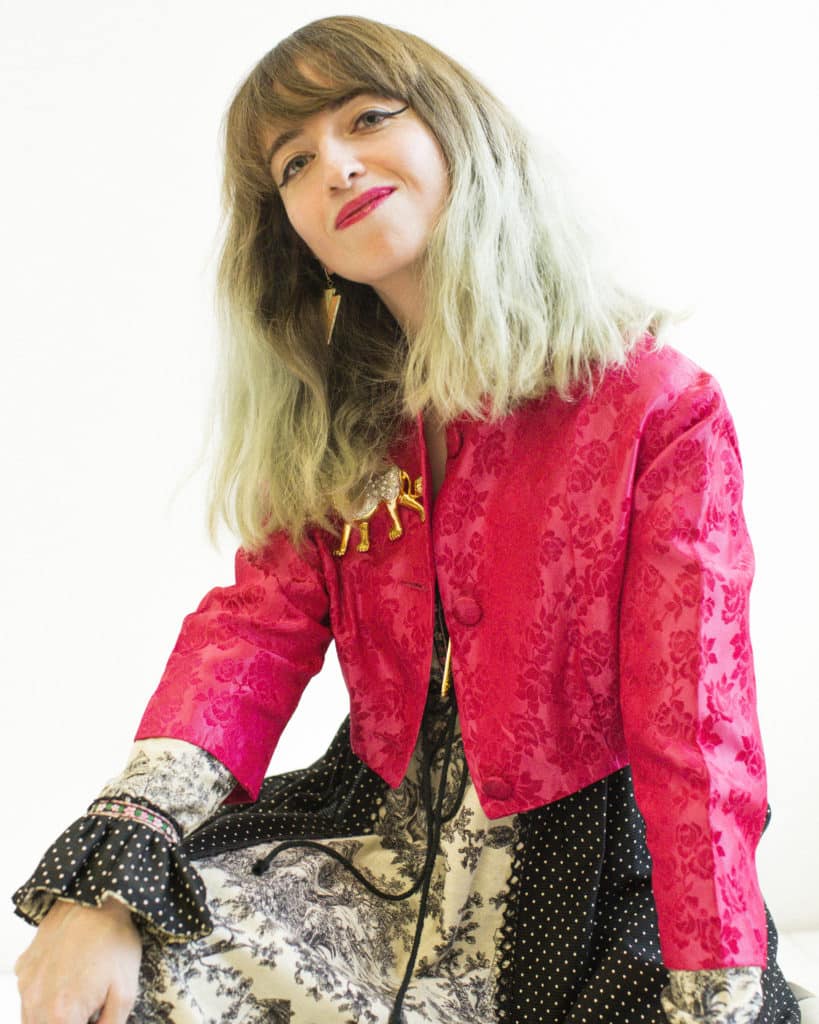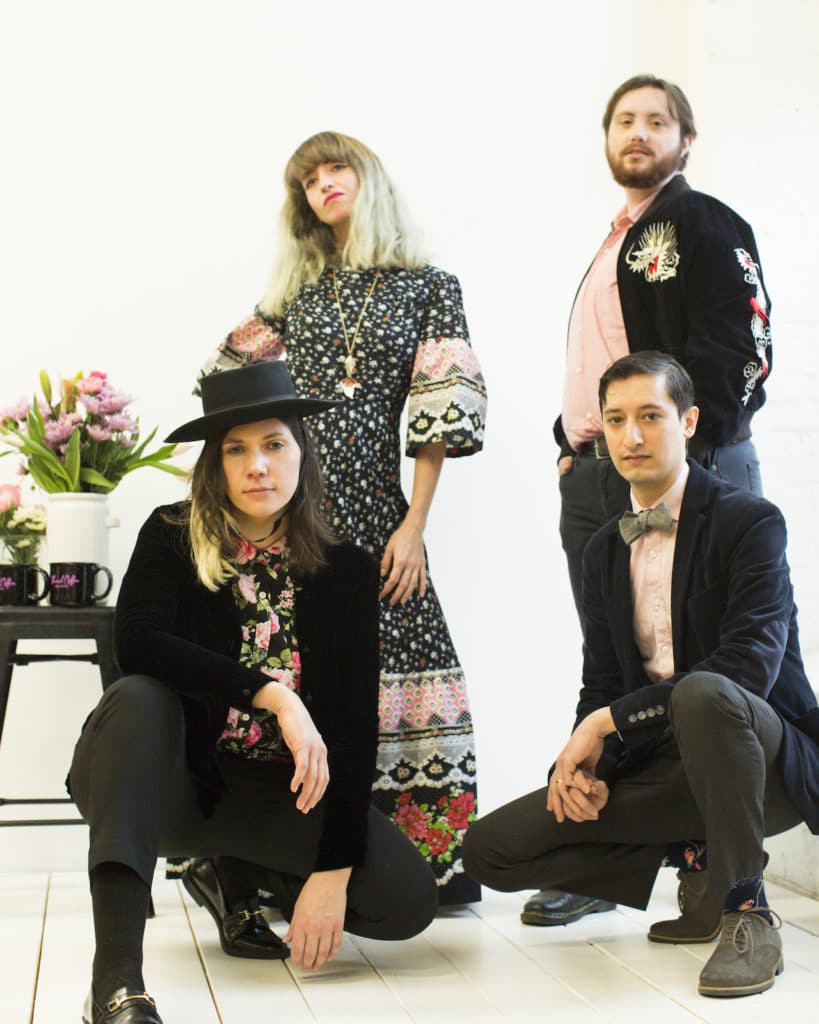No products in the cart
A member of the Thread team visited the Muungano cooperative in late May and early June of 2015. In addition to having exceptional coffee, many of this cooperatives members are working towards gender equality in their community.
 In Swahili, Muungano means “togetherness,” and it is through the Muungano Coffee Cooperative that the people of eastern Congo – Bahunde, Bahavu, Bashi, Batembo, and Rwandan Congolese – previously divided by war, are working together towards a common goal. Based on the banks and mountains surrounding Lake Kivu, one of Africa’s Great Lakes, Muungano farmers produce exceptional coffee that ranked #4 in 2015’s Saveur du Congo competition.
In Swahili, Muungano means “togetherness,” and it is through the Muungano Coffee Cooperative that the people of eastern Congo – Bahunde, Bahavu, Bashi, Batembo, and Rwandan Congolese – previously divided by war, are working together towards a common goal. Based on the banks and mountains surrounding Lake Kivu, one of Africa’s Great Lakes, Muungano farmers produce exceptional coffee that ranked #4 in 2015’s Saveur du Congo competition.
The initial land, coffee plants, and first washing station belonged to a Belgian colonialist who gave his property to his workers, as he had no heirs, in the late 1960’s. Formed in 2009, Muungano is a very young group, both in median age of it’s leadership and in the age of the coop itself.

Muungano began exporting in 2010, with an initial half container of coffee. In 2015 they expect to export 4 & 1/2 containers of arabica coffee, primarily the Bourbon varietal. Traditionally their main harvest season has been March-June, but in 2015 the effects of climate change became visible as the harvest season began in late January/early February and ended in April for most of their members. Some producers, with farms at higher altitudes, were finishing their harvest as Thread visited in late May and early June.
Members of the Muungano community have participated in the GALS program (Gender Action Learning System), a project focused on promoting gender equality. GALS trains men and women to work together as a family. Participants are asked to draw a map that includes their current condition, a vision of what they want, and the journey, month by month, between those points that includes challenges and opportunities they expect to face.

In the DRC women have a constitutional right to own land, but many laws put limitations on this in practice. For example, it may be required that her husband sign the deed, which presumes that a woman must be married to own land and makes the land, legally, belong to the husband. Additionally, few people in this region have an understanding of how to save money and why one would want to. Thus the idea of couples pooling their income and sharing in decision making about how to spend that money is a radical concept in most communities.
 This couple made a 2 year plan to build a new house. Now they have a house and 2 goats. One of their biggest challenges was that the woman was working hard, earning all the money, and the husband was taking all the wife’s income to buy alcohol. Through GALS he realized that this behavior was hurting the entire family, including himself.
This couple made a 2 year plan to build a new house. Now they have a house and 2 goats. One of their biggest challenges was that the woman was working hard, earning all the money, and the husband was taking all the wife’s income to buy alcohol. Through GALS he realized that this behavior was hurting the entire family, including himself.

This couple’s vision was also to have a nice house. They felt that their challenges to overcome were drunk men, diseases, misunderstandings between men and women, having many children, climate change, and adultery on the husband’s part. Their opportunities were coffee, tools they own to harvest from their land, goats they own, cassava they eat and sell, and love.
To start they traded to acquire timber. After 3 months they harvested cassava to sell and buy more timber and materials for building their new house. Their investment in coffee farming generated more money. Next they plan to buy a pig and more timber, after that they will buy a door, windows and cement. They have 1 year left to reach their goal. This September they plan to buy land!
 Many people were reluctant to join the GALS program. They felt that they would be losing time and money going to a 7 day training. Men especially were skeptical, but after seeing the success of other couples who had been through the program many people were convinced to try it. Now the challenge is having a big enough meeting space for everyone who wants to join!
Many people were reluctant to join the GALS program. They felt that they would be losing time and money going to a 7 day training. Men especially were skeptical, but after seeing the success of other couples who had been through the program many people were convinced to try it. Now the challenge is having a big enough meeting space for everyone who wants to join!




